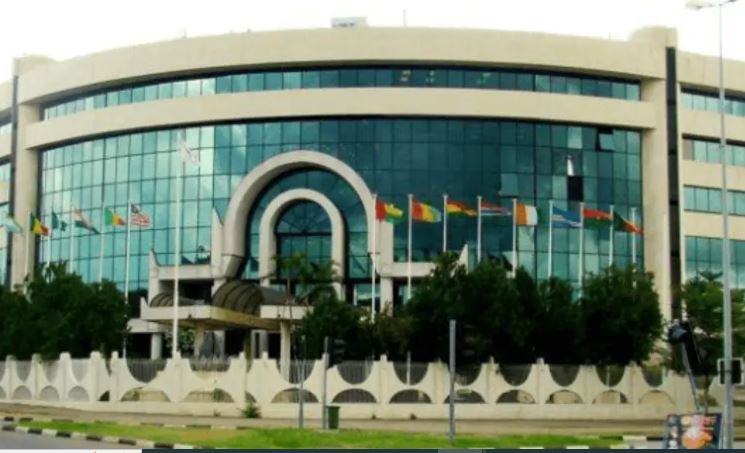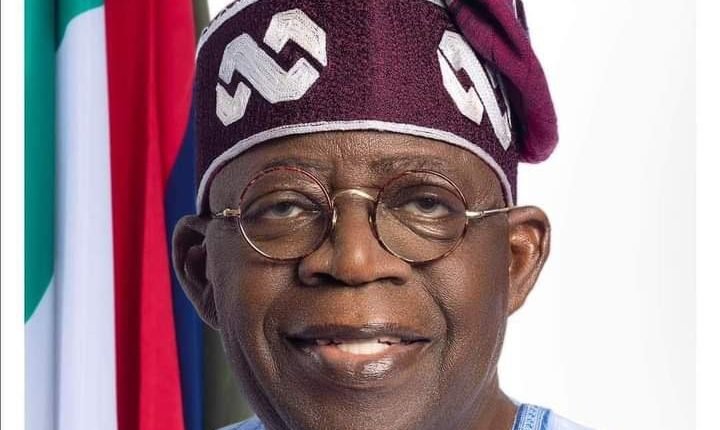ECOWAS At 50: Still Echoes Of A Distant Past.
By Kennedy Ikantu Peretei
Since the beginning of 2025, the Economic Community of West African States (ECOWAS) leaders have begun a one-year celebrations to mark the 50 years anniversary of the regional body. The golden jubilee was flagged off in April, 2025 in Accra, Ghana. Bola Ahmed Tinubu, Nigerian President was on hand at the Nigerian Institute of International Affairs, Lagos in May, 2025 to host another edition of the celebrations. The Lagos event was particularly significant because, the ECOWAS Treaty was signed by the 15 member States in Lagos on 28th May, 1975. Incidentally, the only surviving signatory of the Treaty, General Yakubu Gowon (rtd) attended the Lagos event. Other key Presidents, who signed on behalf of their countries did not have the opportunity to witness what has become of their 50 years old baby.
The likes of Léopold Senghor (Senegal), Gnassingbé Eyadéma (Togo), William R.Tolbert (Liberia), Luis Cabral (Guinea-Bissau), Felix Houphouët-Boigny (Côte dˈIvoire) and many more, all of whom signed the treaty would hardly be remembered by the present generation. That is a pointer to how far these celebrations are from the day of birth.

At inception, these leaders aimed to promote economic integration, cooperation and development among West African nations. This dream of our forebears is still being talked about 50 years after. The Nigerian government, under President Bola Tinubu just hosted the West African Economic Summit (WAES) 2025 in Abuja with the Theme “Unlocking Trade and Investment Opportunities in the Region”. In terms of conception, approach and delivery, it was quite different from previous attempts which ended up as “Talk Shows”. It is hoped that WAES 2025 will turn things around as the region awaits the action plan of the Diplomats, Business Community, Youths and political leaders who converged in Abuja to chart a new roadmap for the economic transformation of a region that is endowed to lead the rest of the world.
There is no point talking about the huge opportunities in aggregating and harnessing the immense human and natural resources within the region. However, why it has taken this long to translate dreams into practical reality is difficult to understand. This is not to undermine the giant strides and accomplishments of the regional body. But such accomplishments pale into tokenism in the face of what has been left unattended to.
The ECOWAS Monitoring Group (ECOMOG) which intervened powerfully in the conflicts in Liberia, Sierra Leone and Guinea-Bissau cannot be taken for granted, as this contributed in no small measure to peace and stability not only in the countries so affected but also in the entire sub-region. In the absence of peace, no meaningful development can take place. Within the context of sustaining the peace and stability of member states, the leadership of the regional body deserves commendation. Even as recently as January, 2017, it took the concerted efforts Senegal, Ghana and Nigeria to force Yahaya Jammeh to step-down, having lost presidential election to President Adama Barrrow who was actually sworn in as President in the Gambian Embassy in Dakar.
In 50 years, ECOWAS member states have grappled with multiple currencies in the region. Whether Francophone or Anglopone, individual countries have their currencies apart from the West African CFA Franc used by Benin, Burkina Faso, Guinea-Bissau, Côte dˈIvoire, Mali, Niger, Senegal and Togo. Others have their currencies that are not acceptable in neighbouring countries. For example, the Ghanaian cedi (GHC) is not accepted in Nigeria, neither is the Nigerian naira accepted Sierra Leone. Neither is the Gambian dalasi, accepted in Liberia. Yet, due to the free movement of people and goods, there have been commercial activities amongst the people in various countries within the sub-region with attendant financial complications.
Even at the 67th Session of the Authority of Heads and Governments of ECOWAS in June 2025, in Abuja, monetary integration is still being discussed with several deadlines that never came to pass. Meanwhile, there are 25 countries that use the Euro as their official currency or legal tender in Europe. There are 27 European countries that have integrated visa policy with Schengen Agreement which allows movement into all member countries once a visa is issued by one.
The European Union was formally established November 1, 1993 having its roots in 1951 when six countries created European Coal and Steel Company (ECSC) to promote economic integration and prevent conflicts. The ECSC metamorphosed to the European Economic Community (EEC) in January 1, 1958 which eventually gave birth to the European Union. The institutional framework for cooperation, integration and policy direction have strengthened this regional body.
There is no attempt to compare the European Union with its West African equivalent, but in a modern world that has reduced the entire globe to a village, peer review and introspection can serve as a motivation for purpose driven ideals. In this case, a critical assessment of the last 50 years should not be drowned in mere celebrations and fanfare, but the realisation of the dreams of the founding fathers of ECOWAS.
In the area of infrastructure, the Lagos Ibidjan highway will not only boost trade and tourism but is expected to create about 70,000 direct and indirect jobs during construction. This 1,028km road expected to be completed in 2030 through Public, Private Partnership is yet to take off fully. The several administrative and policy red tapes within the region have practically reduced the lofty ideals of region to mere echoes of its distant past.
While regional security has also become a major challenge, the Sahel countries, Mali, Niger and Burkina Faso under military juntas have pulled out of ECOWAS in January, 2024 to form Confederation of Alliance of Sahel States (AES). This split was further compounded when the Sahel States announced that, travelers from ECOWAS counties will no longer be given automatic entry to their States. Invitation to the maiden West African Economic Summit was not honoured by them, despite efforts to get them to attend. In other words, the envisaged economic and regional integration will require more deliberate and intentional endeavour to yield fruits.




